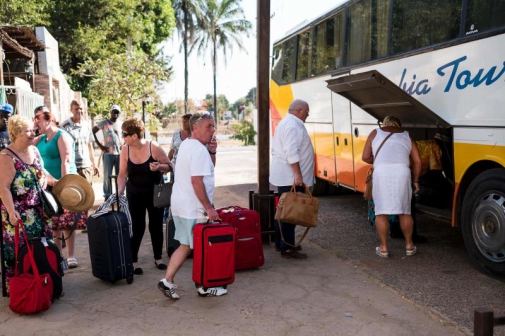×
The Standard e-Paper
Smart Minds Choose Us

A military commander with West Africa’s regional bloc on Wednesday said its forces will “take action” at midnight unless a solution is found to Gambia’s political crisis before then.
Speaking on Senegalese radio station RFM, Seydou Maiga Mboro declared “all the troops are already in place” awaiting the deadline for President Yahya Jammeh to step down.